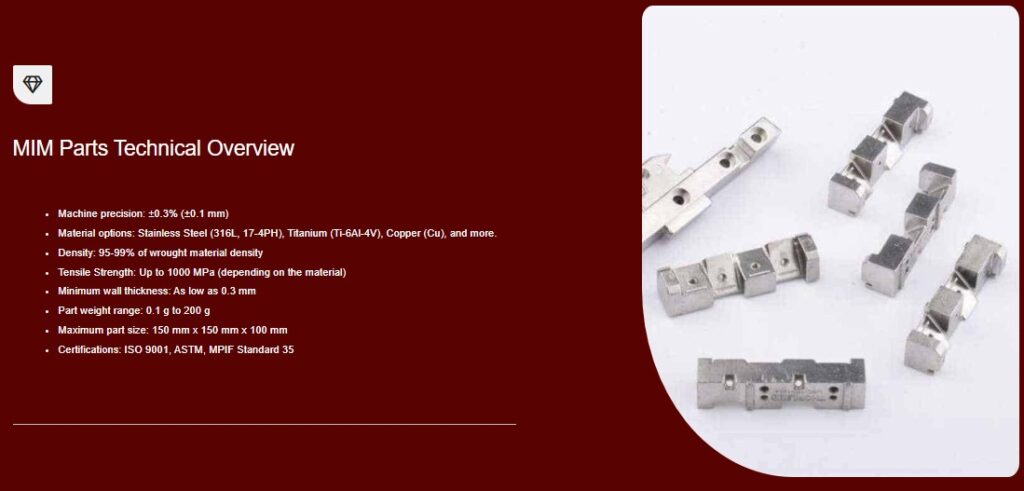The intersection of cochlear implants and magnetic resonance imaging (MRI) presents a unique challenge for both patients and healthcare providers. As advancements in medical technology continue to evolve, savvy the safety protocols surrounding these devices is crucial. This article aims to shed light on the intricacies of cochlear implant safety during MRI procedures.
Click to find more about cochlear implant and MRI safety.
Savvy Cochlear Implant and MRI Safety
Cochlear implants are sophisticated electronic devices that provide a sense of sound to individuals with severe hearing loss. However, their interaction with MRI machines can pose potential risks if not managed properly. The strong magnetic fields generated by MRIs can interfere with the functioning of traditional cochlear implants, leading to device malfunction or even physical harm. Therefore, it is essential for patients with cochlear implants to consult their audiologist or ENT specialist before undergoing an MRI scan.
Highlighting Nurotron’s Innovations
Nurotron Technology Corporation has emerged as a leader in developing advanced cochlear implant systems designed specifically for enhanced compatibility with MRI environments. Their innovative designs incorporate materials that minimize interference from magnetic fields while ensuring optimal auditory performance. By prioritizing patient safety alongside technological advancement, Nurotron sets itself apart in the field of auditory solutions. Patients using Nurotron’s devices can feel more secure knowing they have options tailored for safer imaging experiences.
Research Implantable Hearing Devices
In addition to cochlear implants, there exists a range of implantable hearing devices aimed at improving auditory perception among those suffering from various degrees of hearing impairment. These include bone-anchored hearing aids (BAHA) and middle ear implants which also require careful consideration when planning an MRI procedure due to similar concerns regarding magnetism and device integrity. Savvy how each type interacts within an imaging environment is vital for maximizing patient outcomes while minimizing risk factors associated with these technologies.
Conclusion: Prioritizing Cochlear Implant Safety During MRIs
The importance of addressing cochlear implant safety during MRIs cannot be overstated; it directly impacts patient health outcomes and overall quality of life post-procedure. With ongoing innovations from companies like Nurotron paving the way towards safer practices, we must remain vigilant about educating both patients and practitioners alike on best practices related to this critical aspect of modern medicine.




